From missing deserving candidates to awarding 'undeserving stars', from intense political lobbying (in a bid to 'canonise' inclinations) to rejecting awards (since they were either 'late' or even 'insulting' in some cases!), there are a plethora of dimensions to it.
There has been a feeling that the value of the Bharat Ratna -- India's highest civilian honour -- has degraded noticeably over the years, and some believe that all state honours should be done way with.
Established by President Dr Rajendra Prasad on October 2, 1954, the Bharat Ratna is awarded in 'recognition of exceptional service towards the advancement of art, literature, science and public service of the highest order.'
In the years since, it has been conferred on 41 people, including two non-Indians -- Khan Abdul Gaffar Khan, the Frontier Gandhi, who lived in Pakistan after Partition, and South African icon Nelson Mandela -- and a naturalised Indian citizen, Mother Teresa. Over half the award's recipients have been politicians.
..
Controversies have been historical too...
Image: Netaji Subhas Chandra BoseThe award was withdrawn in 1997 due to a legal technicality. The awards committee could not provide conclusive evidence of Bose's death -- Netaji is believed to have died in an aircrash in 1945, but the controversy over the event has never been conclusively resolved -- and thus it invalidated the posthumous award.
When the Bharat Ratna award was offered to India's first education minister, Maulana Abul Kalam Azad, he declined it, pointing out that it should not be given to those who had been on its selection committee. He too was awarded the Bharat Ratna posthumously, in 1992.
Some interesting refusals
Image: Former Tamil Nadu chief minister M G RamachandranWhen MGR, then Tamil cinema's biggest movie star, was awarded the Padma Shri in 1960, he declined the honour, because the government's invitation was written in the Devanagri script, which he, a Tamil nationalist (though he was born a Malayali), could not accept.
In January 2005, the distinguished historian Romila Thapar declined the Padma Bhushan. In her letter to then President A P J Abdul Kalam, she said she was 'astonished to see her name in the list of awardees because three months ago when I was contacted by the HRD (human resources development) ministry and asked if I would accept an award, I made my position very clear and explained my reason for declining it.'
Professor Thapar also declined the Padma Bhushan on an earlier occasion, in 1992. To the President, she explained, 'I only accept awards from academic institutions or those associated with my professional work, and not State awards.'
Not-so-melodious controversies
Image: Pandit Ravi ShankarClassical singer Pandit Jasraj alleged that Pandit Ravi Shankar had lobbied with influential MPs for the award and asked why the country's highest civilian honour was conferred 'on a person who had on the record given a statement that he disowns India?'
To this, Sukanya Shankar, Pandit Ravi Shankar's wife, responded, saying, 'Although Raviji is immensely hurt with such allegations, he doesn't bother much about some perceptions on the issue.'
India's other great sitar maestro, Ustad Vilayat Khan, rejected the Padma Shri in 1964 and the Padma Bhushan in 1968, saying the awards committee 'wasn't competent enough to judge his music.'
In 2000, he turned down the Padma Vibhushan on the same grounds.
Given his old rivalry with Pandit Ravi Shankar, it is unlikely Ustadji would have accepted a lesser honour, and that too, a year after Raviji had received the Bharat Ratna.
Kathak dancer Sitara Devi refused the Padma Bhushan in 2002, saying it is an 'insult' as younger and 'lesser known people' had got the Padma Vibhushan.
The 'politics' of the awards
Image: Former prime minister Atal Bihari VajpayeeAdvani said Vajpayee's 'contribution to our national life is so varied and sustained over such a long period.' To this, the ruling Congress party said it was up to the Union home ministry's awards committee to decide on an honour for the former prime minister.
The development prompted Uttar Pradesh Chief Minister Mayawati to canvass for her political mentor, the late Bahujan Samaj Party founder Kanshi Ram, saying he too 'deserved a Bharat Ratna.'
The names of over a dozen politicians -- former Bihar chief minister and Socialist doyen Karpoori Thakur, former UP CM Mulayam Singh Yadav, Tamil Nadu CM M Karunanidhi, former Orissa CM Biju Patnaik -- have been forwarded by their respective political parties for the nation's highest civilian award.
The star factor
Image: Bollywood stars Aishwarya Rai and Akshay Kumar at the awards ceremony in 2009Some felt Ash had received the national honour because of her in-laws's political affiliation with the Samajwadi Party which had ensured the Manmohan Singh government's survival in power in July 2008.
Unfazed by such an allegation, Ash responded with characteristic grace: 'It's an absolute privilege and honour and I am very thankful for this and I accept it graciously.'
When Olympic medalists failed to impress award panel
Image: Triumphant wrestler Sushil Kumar at the Beijing OlympicsBeijing Olympic gold medalist Abhinav Bindra, who won a Padma Bhushan in 2009, said he was 'very disappointed' by Sushil and Vijender's omission from the honours list.
Vijender received a Padma Shri this Republic Day, but Sushil was ignored yet again.
The latest addition
Image: NRI hotelier Sant Singh ChatwalDeputy leader of the opposition in Parliament and BJP leader Gopinath Munde said he would seek the help of Right to Information Act to find out who was responsible for according the Padma Bhushan Award to Chatwal.
"I will not only raise this issue in Parliament but will also seek the help of RTI Act to ferret out who was responsible for such a gaffe. It is not the country's top secret that four chargesheets had been filed against Sant Singh Chatwal and he had been arrested later by the Central Bureau of Investigation in a case related to a US $9 million fraud related to State Bank of India," Munde said.
Even noted journalists Vir Sanghvi and Pritish Nandy revealed that they will be jointly filing a RTI application with the Central Information Commission with regard to this year's Padma Award list and the questionable inclusion of Chatwal in it.
In its response, the government said 'due diligence' was done before Chatwal's selection and that the CBI had closed three cases of financial irregularities against him.

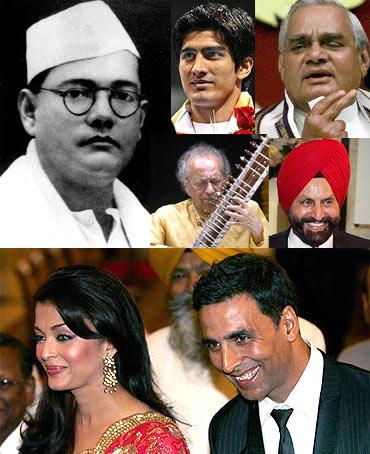
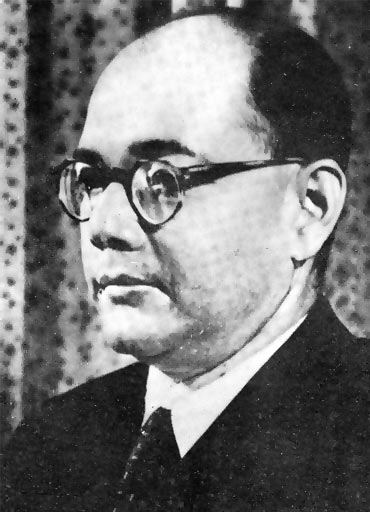
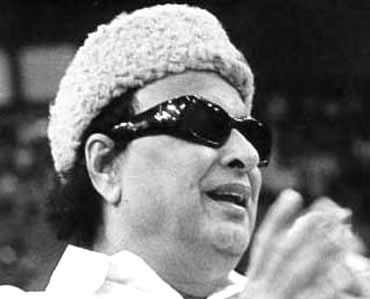
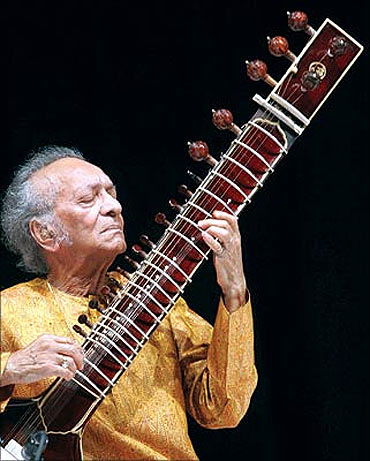
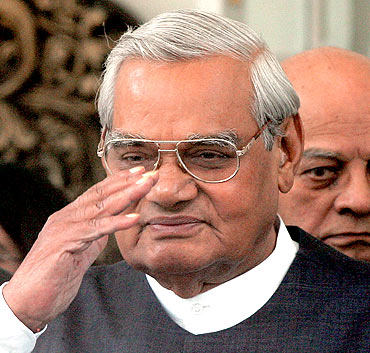

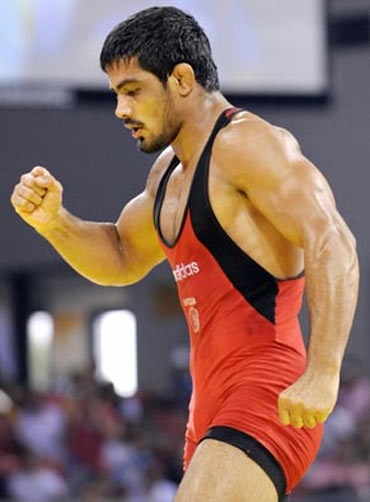
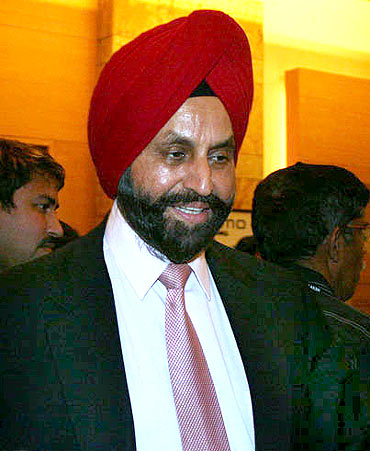
article